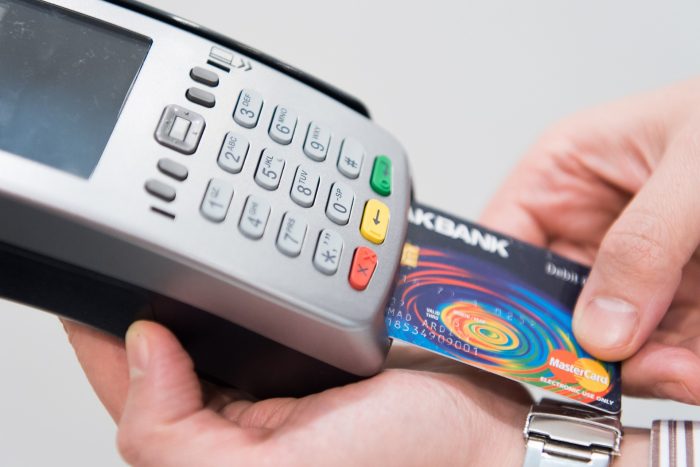The next time you go on a trip overseas, first take a moment to think of how you will carry your money. Will it be in the form of cash, debit, or credit cards?
What is the most convenient way for you? Keeping in mind foreign exchange rates and theft cases, you might have to weigh your options before you decide.
Well, as it stands, most people are only left with two options; let’s now break it down for you. Read on to learn the best methods of carrying and keeping your money safe when traveling abroad.

Carrying Cash
Whereas carrying cash on your vacation might seem convenient, it is also risky considering the number of criminal cases being reported. What if your bag gets stolen? What if that kid by the roadside snatches your bag away? Will you have a backup? The answers to these questions will determine what your next move ought to be.
You might have to invest in safe bags to keep your money; refer here for more details. Also, avoid carrying huge sums in the same pocket; you might consider splitting it and giving your partner half, and you also take half. You never know what might happen when you reach that busy street.
Using Credit Cards
In most cases, these are ideal for large purchases such as car rentals, hotel bills, airline tickets, and even meals. Credit card purchases are usually exchanged at the interbank exchange rate, meaning you will get the best price on the market. Also, you will be charged with a currency conversion whenever you make a purchase overseas; however, these fees are lower than what you have paid, converting your money at the bureau.
On the other hand, some hotels, restaurants, and stores do not allow credit cards. As such, it is essential to have some cash on you. Whereas you might withdraw cash advances using your credit card, keep in mind that the charges might be high. But, if this is the only alternative you have, what will you do?
As you plan for your trip, remember to call your card issuer before you leave the country. Tell them when you intend to travel, to which country, and how long you are likely going to be there. This will help you know exactly which charges you are probably going to incur and plan accordingly.
Also, as a pro tip, if possible, carry two credit cards in case one stops working. Also, get to know who you can call while overseas in case your card is stolen, lost, or doesn’t work.
Contacting Your Card Issuer
Something else to keep in mind is that you will have protection even on your vacation just like you would have while at home. There have been cases where travelers are taken advantage of and charged twice the price of an item. If such a thing happens, immediately call your card issuer and they will intervene. Also, remember to keep all your receipts for reference.
It is also essential to cross-check with your credit card statement. If you find any charge that you didn’t make or any deductions somewhere, call your card issuer and they will dispute the charges.
Conclusion
When traveling overseas, it is especially smart to be wise about how you handle your money. Whether you are using cash or card, remember to be safe and contact your bank before you head out of your country.




























